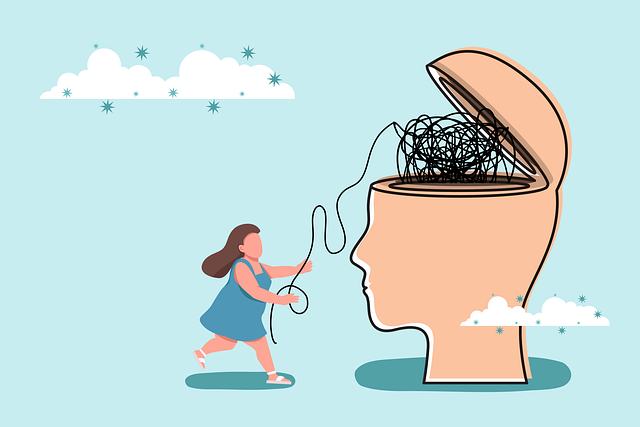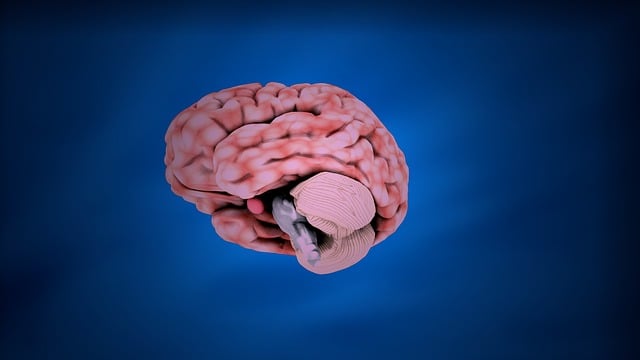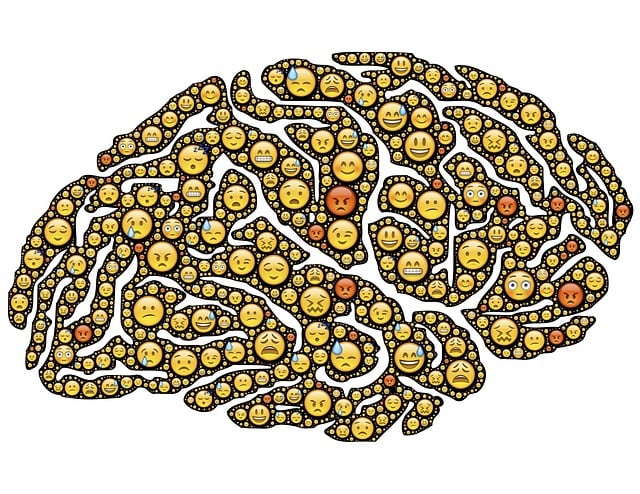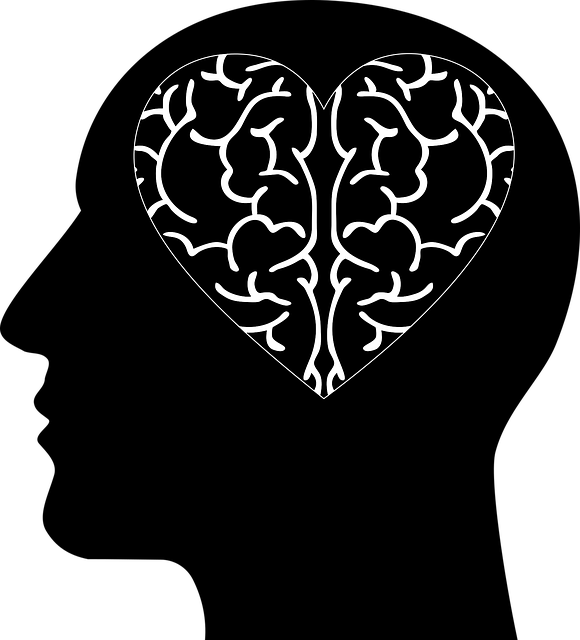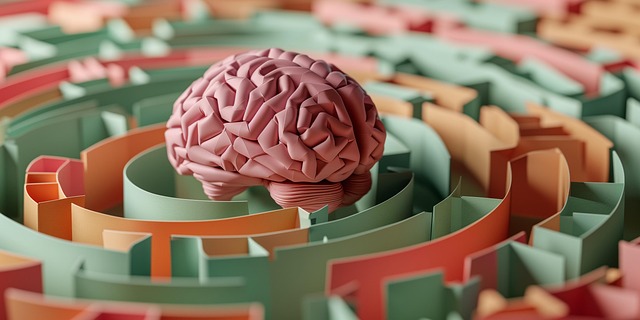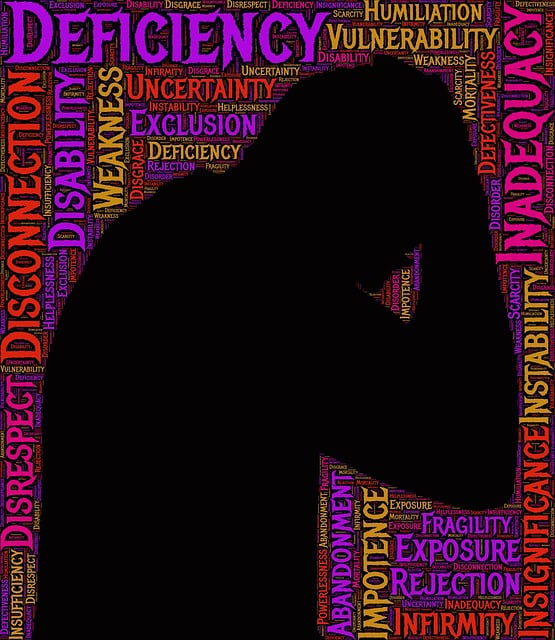Diagnosing mental health conditions in Boulder Child Abuse Therapy is a multifaceted process that requires cultural sensitivity, understanding individual differences, and recognizing the impact of traumatic histories. Advanced technology like AI and machine learning algorithms enhances accuracy by identifying subtle patterns. The clinic uses these tools to predict long-term impacts and personalize interventions. Continuous training and education for professionals improve diagnosis accuracy through evidence-based practices. Patient feedback and collaboration among healthcare providers further refine assessments. Strong community support systems, including accessible services like Boulder Child Abuse Therapy, facilitate early intervention and reduce stigma, leading to better mental health outcomes.
Mental illness diagnosis accuracy is a critical aspect of patient care, and continuous efforts are underway to enhance this process. This article explores various strategies aimed at improving diagnostic accuracy, focusing on the unique challenges within mental health. We delve into the impact of advanced technology, emphasizing its role in streamlining diagnoses. Additionally, we discuss training programs for healthcare professionals, the power of patient feedback, community support systems, and early intervention methods, all vital components in the pursuit of more precise mental illness assessments. For personalized guidance, consider Boulder Child Abuse Therapy.
- Understanding Mental Health Diagnosis Challenges
- The Role of Advanced Technology in Accurate Diagnoses
- Training and Education for Healthcare Professionals
- Integrating Patient Feedback and Collaboration
- Community Support Systems and Early Intervention
Understanding Mental Health Diagnosis Challenges

Diagnosing mental health conditions accurately is a complex task, often hampered by various challenges. One significant hurdle is the multifaceted nature of human behavior and emotional experiences, which can vary widely from person to person. Mental health professionals in Boulder Child Abuse Therapy face the challenge of differentiating between normal developmental stages, temporary emotional reactions, and potential signs of underlying disorders. This complexity necessitates a thorough understanding of not just symptoms but also their context and presentation over time.
Additionally, cultural factors, individual differences, and the impact of traumatic experiences play pivotal roles in shaping mental health. The Stress Management Workshops Organization emphasizes the importance of culturally sensitive approaches to diagnosis. Similarly, Mental Health Policy Analysis and Advocacy highlights that past traumas, such as child abuse, can significantly influence an individual’s current mental state, requiring specialized knowledge for accurate assessment. Crisis Intervention Guidance further underscores the need for flexible diagnostic criteria that account for the dynamic nature of mental health.
The Role of Advanced Technology in Accurate Diagnoses

In the quest for enhancing mental illness diagnosis accuracy, advanced technology emerges as a powerful ally. Tools like artificial intelligence (AI) and machine learning algorithms are transforming the landscape of psychological assessment. These technologies can sift through vast datasets to identify patterns and correlations that may be imperceptible to human analysts. For instance, AI models can analyze patient histories, symptoms, and even physiological markers to provide more nuanced insights, potentially leading to earlier and more precise diagnoses. This is particularly beneficial in fields like child psychology, where subtle signs of distress or disorders might be overlooked without specialized tools.
Boulder Child Abuse Therapy, for example, can leverage AI-driven assessment platforms to not only detect trauma but also predict potential long-term impacts on a child’s mental health. By integrating these innovative solutions into therapeutic practices, healthcare professionals can tailor interventions more effectively. This includes recommending tailored stress reduction methods, promoting mind over matter principles, and encouraging the development of self-care routines designed to address specific needs. Such personalized approaches have been shown to significantly improve outcomes for individuals grappling with various mental health challenges.
Training and Education for Healthcare Professionals

Mental illness diagnosis accuracy has been a long-standing challenge in healthcare. To address this, extensive training and education programs for healthcare professionals are essential. These initiatives focus on enhancing clinical skills, promoting evidence-based practices, and encouraging ongoing professional development. By participating in workshops, seminars, and advanced courses, healthcare providers gain deeper insights into complex mental health conditions, leading to more precise diagnoses.
In Boulder Child Abuse Therapy, for instance, specialized training equips professionals with the necessary tools to recognize subtler signs of abuse or trauma. This includes guidance on emotional healing processes and emotional well-being promotion techniques through evidence-based therapies and Mental Wellness Journaling Exercises. Such tailored educational efforts not only improve diagnosis accuracy but also contribute to effective treatment planning, ultimately benefiting individuals seeking mental health support.
Integrating Patient Feedback and Collaboration

In efforts to enhance mental illness diagnosis accuracy, integrating patient feedback and fostering collaboration among healthcare professionals is proving invaluable. At Boulder Child Abuse Therapy, for instance, this approach has been instrumental in tailoring treatment plans to meet individual needs more effectively. By actively involving patients in their care journeys, therapists gain unique insights into the nuances of their experiences, leading to more precise assessments.
This collaborative model encourages open dialogue, where patients can share their perspectives on symptoms and treatment effectiveness. Such feedback is then incorporated into the design of Mental Health Education Programs, empowering individuals with a better understanding of their mental health. Moreover, this holistic strategy promotes Self-Care Routine Development for Better Mental Health, as patients become active participants in managing their well-being alongside professionals.
Community Support Systems and Early Intervention

Strong community support systems play a pivotal role in enhancing mental illness diagnosis accuracy and improving patient outcomes, especially for vulnerable populations like children. Early intervention is a cornerstone of successful treatment, and robust community networks ensure that individuals experiencing mental health crises receive prompt assistance. In regions such as Boulder, where access to specialized Child Abuse Therapy services is readily available, the impact on diagnosis accuracy becomes evident. This accessibility encourages parents, caregivers, and educators to seek help early, potentially preventing long-term mental health issues.
Effective community support involves raising awareness about mental illness through advocacy and policy analysis initiatives. By reducing the stigma associated with seeking therapy, individuals are more inclined to come forward without fear of judgment. Additionally, healthcare provider training in cultural competency is vital to ensure sensitive and accurate diagnoses across diverse communities. These collaborative efforts create an environment where mental health concerns can be openly discussed and addressed, ultimately leading to better-informed diagnosis and improved healthcare outcomes.
Mental illness diagnosis accuracy has seen significant advancements through a multifaceted approach. By understanding the challenges, leveraging advanced technology, enhancing healthcare professional training, integrating patient feedback, fostering community support systems, and promoting early intervention—as exemplified by initiatives like those found in Boulder Child Abuse Therapy—we can ensure more accurate and timely diagnoses. These efforts collectively contribute to improved patient outcomes and a healthier society.

